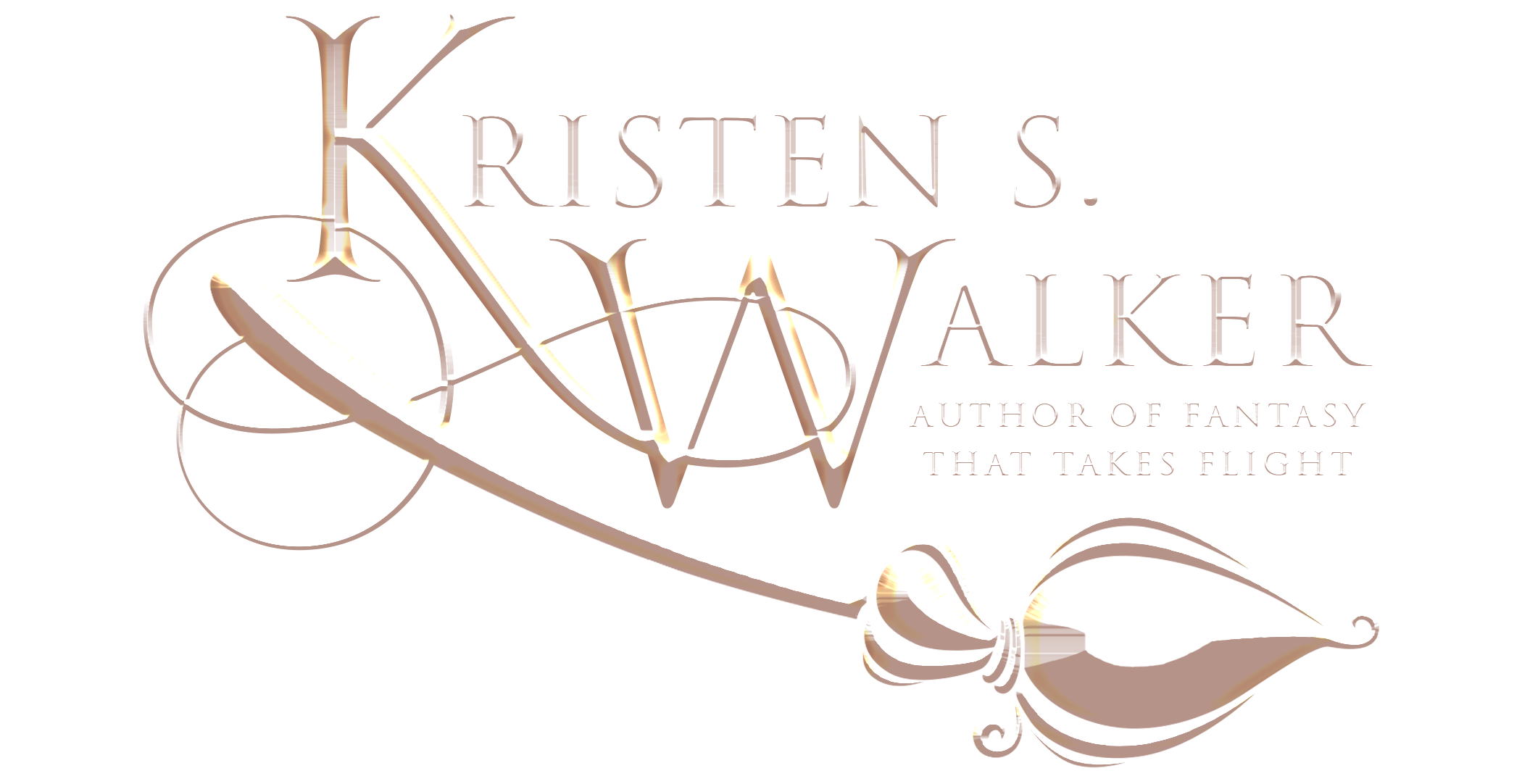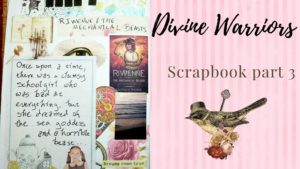One of the first things people say about Riwenne & the Mechanical Beasts is “Why are all the character names so complicated? How are you even supposed to pronounce these things?”
Yup, I didn’t try to make things easy for my readers. In Small Town Witch, which has a contemporary American setting, most of the names should be familiar or easy to figure out. In A Flight of Marewings, the language Meresto is more-or-less Greek. But I’ve always been fascinated with the idea of creating a totally unique language (and like many writers, I was inspired by Tolkien). I started with no knowledge of how language actually works. Later, I took a few linguistics classes and found resources for “conlangs” online.
Conlang = constructed language. Means a language that was invented, instead of developing naturally from a human community. The most common ones are Esperanto (a so-called universal language), Klingon (used by aliens in the Star Trek series), Elvish/Quenya (Tolkien’s best-known language from Lord of the Rings,) and recently Dothraki (originally George RR Martin’s A Song of Ice and Fire, but the linguist David J. Peterson developed it for the TV series Game of Thrones).
I won’t get into a lot of technical details here, but here are a few basics. Arqan is the modern language, developed from Old Ursan. It’s an agglutinating language which means that you can combine two or more words into a new word. (German is another agglutinating language). That can make some of the words very long, but I limit what I share in the story.
For example, the name of the continent, Arkia, comes from the root Arqim meaning “east.” Arqim also gives us Arkida, light of the east, aka the first day of the week. Damon is “light of the ocean” and combines into two other words, Lyndamon (land of ocean’s light) and Damondytti (jewel of ocean’s light). Da, natural light, is different from che, spiritual energy/magic. Wen (vessel) plus che gives us wenache, the act of channeling magic, aka spell-casting.
At first, the spelling may seem strange, but it follows a predictable pattern. Words are pronounced how they are spelled (unlike English which has so many exceptions). For example, the letter y will always represent the sound “ee.” A is like apple, o is like horn. Words usually have penultimate stress. So you can see that Lyndamon is pronounced “leen-DAH-mohn” (in phonetic spelling, lēn dä`man). Don’t be scared of the Q’s, by the way, they’re just K’s. (But ch is more like “sh” and double tt makes the actual “ch” sound. Why? I thought it was fun.)
What gets complicated beyond the names is all the extra bits that get added onto words. For example, the plural of any word doesn’t add -s or any other suffix; it’s a prefix, im-. So one haben (a temple novice) becomes two imhaben. The leader of a province (head priest) is chal. Here’s a short passage written in Arkan, an ancient prophecy.
Chera Uen (The Vessel of Will)
Risaraslee seto imsomen ibu keely-arke-Arnechalida-raja.
The beginning of the Fifth Age shall be known by the new births.
Rimamlee ibeni chyto leexysan Chelynne.
The world will be strange with change.
Riqasalee Chera Uen.
The Vessel of Will shall come.
Riqasalee seto Quilla jo.
They will be blessed by the Moon.
Rimamlee imEmryra Chal jo.
They will be a leader of the People.
Risomenlee seto jo da ibu.
Through them there will be born a new light of hope.
The old traditional calendar is even more complicated because it counted each month as two fortnights, one before the full moon and one after. Dates are written year-monarch’s year-month-fortnite-day.
Here’s a date for you:
1696/26/14/1/1
Chelyneraja Rem-ikee-rin-vevich, Jenatache Dinarche, Qachyseera Imammu, Daylna Archeda
On the first day of the bright fortnight of Qachysee’s Moon of Berries, in the twenty-sixth year of Jenatta’s reign, 1696 Chelynne (Crescent Moon)
I have lots more notes and vocabulary, but I don’t want to overwhelm with too many details. I hope you enjoyed this taste of Arqan!


